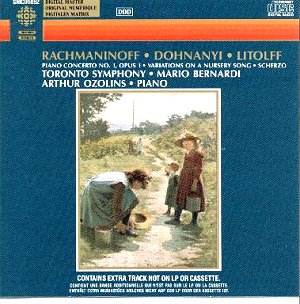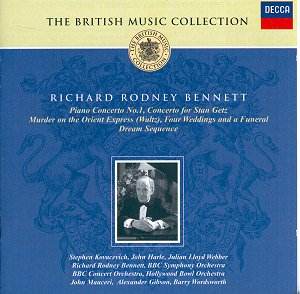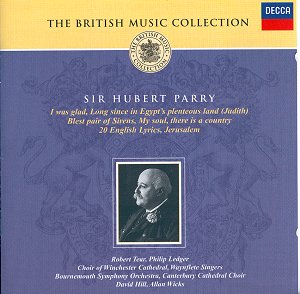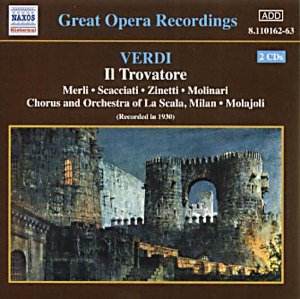 Composer: Henry Charles Litolff
Composer: Henry Charles Litolff
Works: Rachmaninov: Piano Concerto No. 1 in F-sharp minor; Dohnányi: Variations on a Nursery Song; Litolff: Scherzo from the Third Concerto Symphonique
Performers: Arthur Ozolins (piano), Toronto Symphony Orchestra conducted by Mario Bernardi
Recording: CBC SMCD 5052
Label: Canadian Broadcasting Corporation
Henry Charles Litolff, a composer whose oeuvre often languishes in the shadows of more celebrated contemporaries, finds a welcome spotlight in this curated collection. The inclusion of his Scherzo from the Third Concerto Symphonique alongside Rachmaninov’s Piano Concerto No. 1 and Dohnányi’s Variations on a Nursery Song creates an intriguing juxtaposition of the late Romantic idiom. Litolff’s contributions, while not as frequently performed, reveal a composer of considerable charm and inventiveness, whose works deserve reevaluation in the broader context of the Romantic repertoire.
Arthur Ozolins delivers a compelling interpretation of Rachmaninov’s Piano Concerto No. 1, a work often overshadowed by its more popular successors, the Second and Third Concertos. The opening movement brims with vigor, as Ozolins navigates the tempestuous passages with a blend of ferocity and finesse, demonstrating a commanding technique that is both impressive and nuanced. The lyrical qualities of the Andante are particularly well captured; his phrasing imbues the music with a poignant yearning, evoking the emotional depth characteristic of Rachmaninov’s output. However, the finale can feel somewhat deflated, with orchestral support that lacks the brilliant sparkle one might expect. This diminishes the exhilarating momentum that should propel the conclusion, leaving it less impactful than it could be.
Dohnányi’s Variations on a Nursery Song provides a delightful contrast, with its playful and occasionally ironic wit. The initial grandiosity gives way to a charmingly cheeky announcement of the well-known “Twinkle, Twinkle, Little Star.” Ozolins and Bernardi embrace the varied styles that follow with enthusiasm and skill, each variation more delightful than the last. The performances here are polished, capturing the essence of Dohnányi’s clever parodies of Brahms and Liszt, while maintaining a light-hearted approach that resonates well with the audience.
The inclusion of Litolff’s Scherzo further enriches this recording. Engagingly performed, it showcases both the technical prowess of the soloist and the orchestral ensemble. The lively rhythms and intricate interplay highlight Litolff’s unique voice within the Romantic tradition, one that balances exuberance with a hint of melancholy. While the recording booklet misidentifies the concerto as No. 3, it is the Fourth that houses this Scherzo, a detail that underscores the importance of thorough scholarship in classical music documentation.
The sound quality of this recording is commendable, typical of CBC’s standards, with a clarity that allows the listener to appreciate the nuanced interplay between piano and orchestra. The engineering captures the vibrant acoustics of Roy Thomson Hall, providing an immersive listening experience that enhances the overall impact of the performances.
This collection stands as an effective tribute to the richness of the late Romantic repertoire. The performances by Ozolins and the Toronto Symphony Orchestra, while occasionally uneven in momentum, largely succeed in bringing to life works that are both familiar and less known. Litolff’s Scherzo, in particular, emerges as a delightful discovery, encouraging further exploration of his symphonic works. This recording is a valuable addition for those seeking to broaden their understanding of Romantic music beyond the well-trodden paths of more famous composers.



